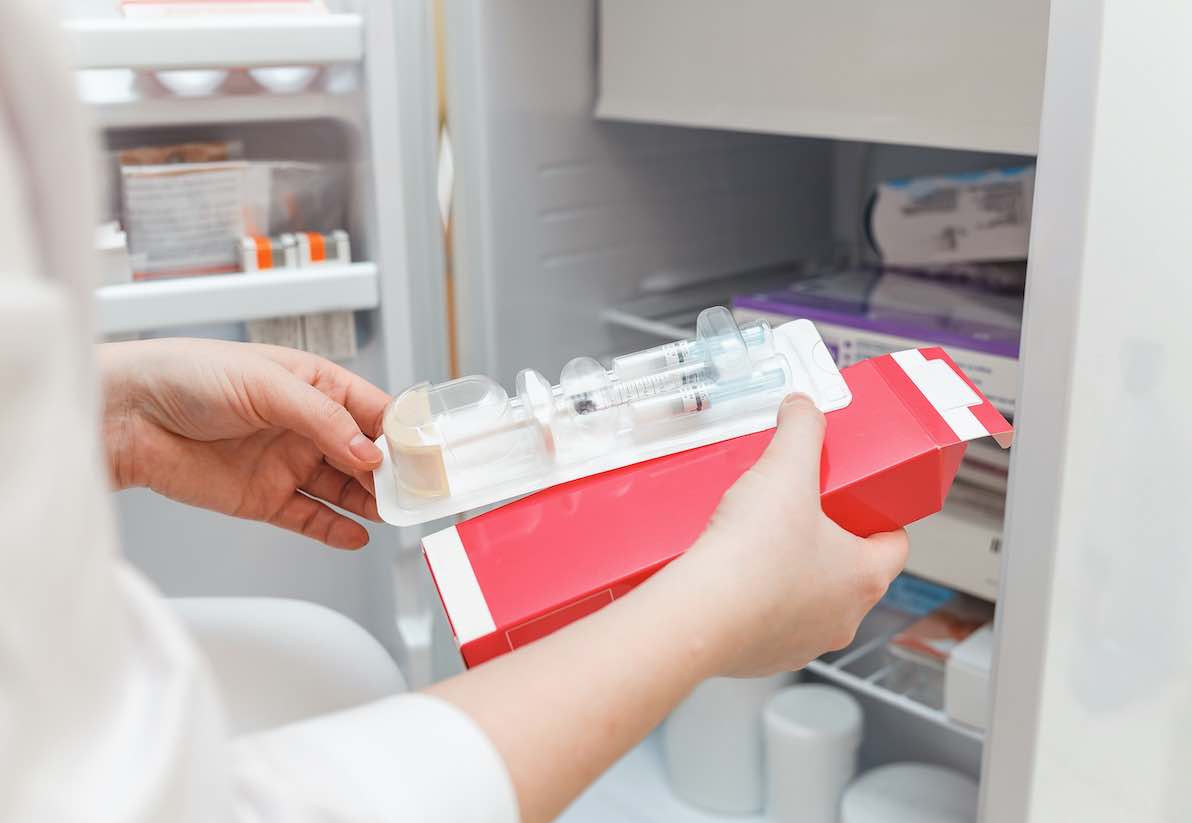Cold storage: never more important
In Running Your Business
Follow this topic
Bookmark
Record learning outcomes

By Mike Butt
Locked-down families and businesses are placing huge store in a Covid-19 vaccine being widely available by Spring 2021. Every single jab will bring with it the promise of life returning to some kind of normality. However, purchase costs of this eagerly awaited vaccine will place a considerable additional burden on the NHS’s overall vaccine budget (around £200 million a year), as will the delivery of a long-term mass vaccination programme.
Any contribution to mitigating the pressures on already overstretched health and social care budgets is therefore to be welcomed – and avoiding waste of this valuable new vaccine is crucial.
The costs associated with the loss and replacement of compromised vaccines should not be underestimated. During 2018, vaccine wastage in the UK had a list price value of around £6.3m. In terms of doses, about half of the reported incidents were avoidable, with many relating to incorrect storage. But in terms of cost, they accounted for 73 per cent (£4.6m) of the value of reported wastage. It is believed this figure is likely to have been underreported and the true financial cost even greater.
THE IMPACT OF POOR STORAGE
The active chemicals in all vaccines can change in molecular form when exposed to different temperatures. For example, measles and the combined MMR vaccines could have their potency reduced by higher temperatures, while the hepatitis B and HPV vaccines are sensitive to temperatures which are too cold.
Vaccines naturally biodegrade over time and being stored outside their recommended temperature range may speed up loss of potency. This impact cannot be reversed, and a vaccine may then fail to create the desired immune response and give protection – unthinkable in the case of Covid-19.
AVOIDING WASTE
The ‘cold chain’ is designed to protect vaccines and other biologics from point of manufacture through transportation to the point of clinical use.
During this process, Pfizer’s Covid vaccine must be kept extremely cold (minus 70°C), while Moderna has said its vaccine needs to be frozen too, at minus 20°C. Once delivered, Pfizer’s vaccine can be stored for up to five days within strict 2-8°Celsius parameters.
Failure to store vaccines according to manufacturers’ strict temperature requirements can invalidate expiry dates and cause manufacturers to disclaim responsibility for any apparent failures.
To minimise risk, pharmacies should have named individuals responsible and accountable for the receipt and storage of vaccines and other heat sensitive medicines, and the monitoring and recording of fridge and ambient room temperatures.
During 2018, vaccine wastage in the UK had a list price value of around £6.3m
Crucially, refrigerators used for the storage of medicines must be designed specifically for that purpose. Standard domestic refrigerators cannot be used for storing cold chain products for several reasons – including uneven temperature distribution and a normal operating range of between 0°C and 10°C. The refrigerator must also be of an appropriate size for the quantity of stock to be stored – i.e. filled to no more than 75 per cent capacity to allow adequate air circulation. It must also be reserved exclusively for the storage of vaccines and other pharmaceutical products and not used to store food, blood, milk, drink, or anything else representing a contamination risk.
Care must also be taken to ensure the refrigeration unit is sited in a well-ventilated room maintained between 10°C and 25°C, away from external windows and all heat sources (e.g. radiators or direct sunlight) and at least five to 10cm from walls and other units. To ensure its ongoing effectiveness, any pharmacy refrigeration unit must be serviced according to manufacturer instructions and have its integral thermometer independently calibrated to ensure readings are true. Finally, the medical refrigerator must be cleaned regularly, and the internal stock stored according to first expiry date.
MAINTAINING PUBLIC TRUST
Despite the positivity surrounding the announcement of the new Covid-19 vaccines, recent research by Nature revealed that unfounded anti-vaccine messages on social media are proving more effective at swaying undecided groups than proven scientific research.
The World Health Organization has also sounded a note of caution, listing what it calls ‘vaccine hesitancy’ as one of the top 10 threats to global health.
Pharmacies can play a small but significant part in maintaining the fragile public trust in vaccines by strictly following guidelines for their storage to avoid waste and ensure their efficacy when administered.
The Covid-19 pandemic has shone fresh light onto the vital role that vaccines play in maintaining healthy communities, taking pressure off overburdened health services, and keeping economies afloat. It has arguably never been more important for pharmacies to embed good practice in their daily procedures to ensure that not one batch is wasted.
